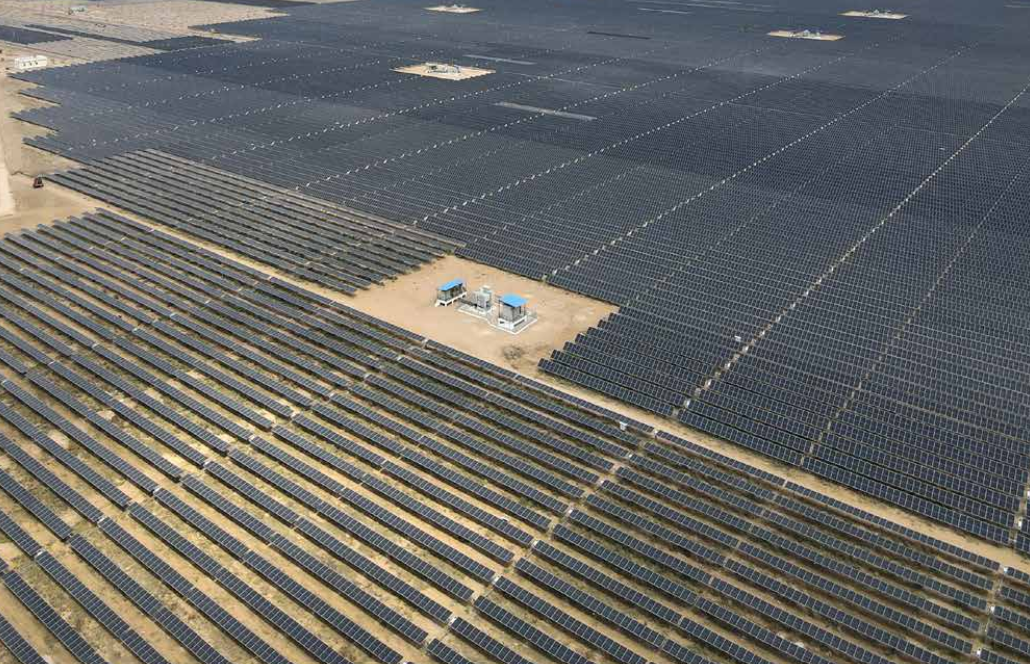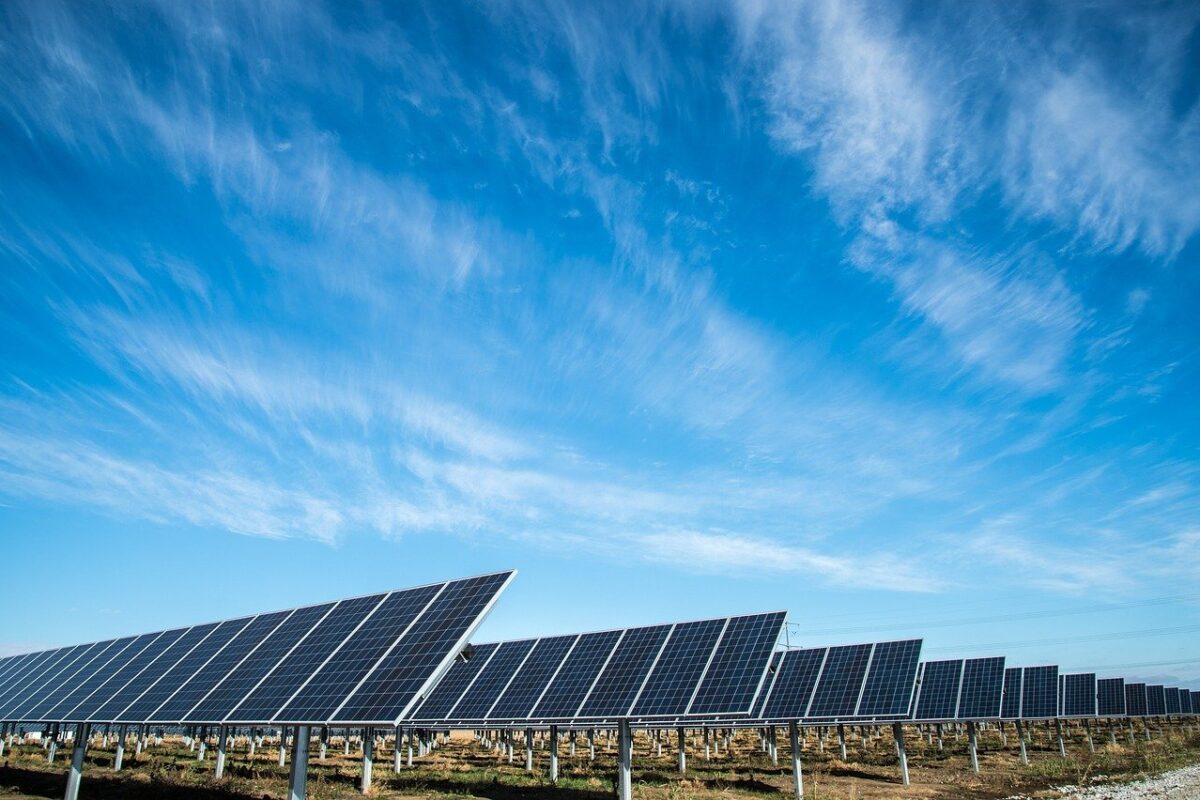India installed 18 GW of solar power capacity in the first five months of FY 2026 and is on track to add over 45 GW during the fiscal year, according to a new report by SBICAPS.
Beyond utility-scale, rooftop and open-access solar are contributing an increasingly significant share. Over 20% of the new solar additions now comprise rooftop and off-grid systems, significantly higher than in the previous years.
Additing to the momentum is the cut in goods and services tax (GST) on solar equipment from 12% to 5%, which will reduce installation and maintenance costs and catalyze the adoption of solar by residential, commercial, and industrial users.
On the manufacturing front, solar module capacity under ALMM-I (Approved List of Models and Manufacturers for modules) has crossed the 100 GW mark recently and is expected to continue increasing. Technology is emerging as a salient feature with a race to build modules with rated output greater than 700 Wp and efficiency exceeding 23%.
SBICAPS report highlights that quality and efficiency of solar modules will become key differentiators as the market matures.
With the success in achieving self-sufficiency for PV modules, the government is extending the localization mandate to solar cells and wafers with ALMM list for solar cells (ALMM-II) and ALMM for wafers (ALMM-III). The ALMM-II for cells is set to come into operation from June 1, 2026, prompting more manufacturers to backward integrate into this space. At least seven manufacturers (Adani, Avaada, Indosol Solar, Premier Energies, Reliance Industries, Vikram Solar and Waaree) are expected to have installed around 10 GW of integrated cell and module capacity each by FY 2028. ALMM-III for wafers is set for implementation from June 1, 2028.
This content is protected by copyright and may not be reused. If you want to cooperate with us and would like to reuse some of our content, please contact: editors@pv-magazine.com.









1 comment
By submitting this form you agree to pv magazine using your data for the purposes of publishing your comment.
Your personal data will only be disclosed or otherwise transmitted to third parties for the purposes of spam filtering or if this is necessary for technical maintenance of the website. Any other transfer to third parties will not take place unless this is justified on the basis of applicable data protection regulations or if pv magazine is legally obliged to do so.
You may revoke this consent at any time with effect for the future, in which case your personal data will be deleted immediately. Otherwise, your data will be deleted if pv magazine has processed your request or the purpose of data storage is fulfilled.
Further information on data privacy can be found in our Data Protection Policy.